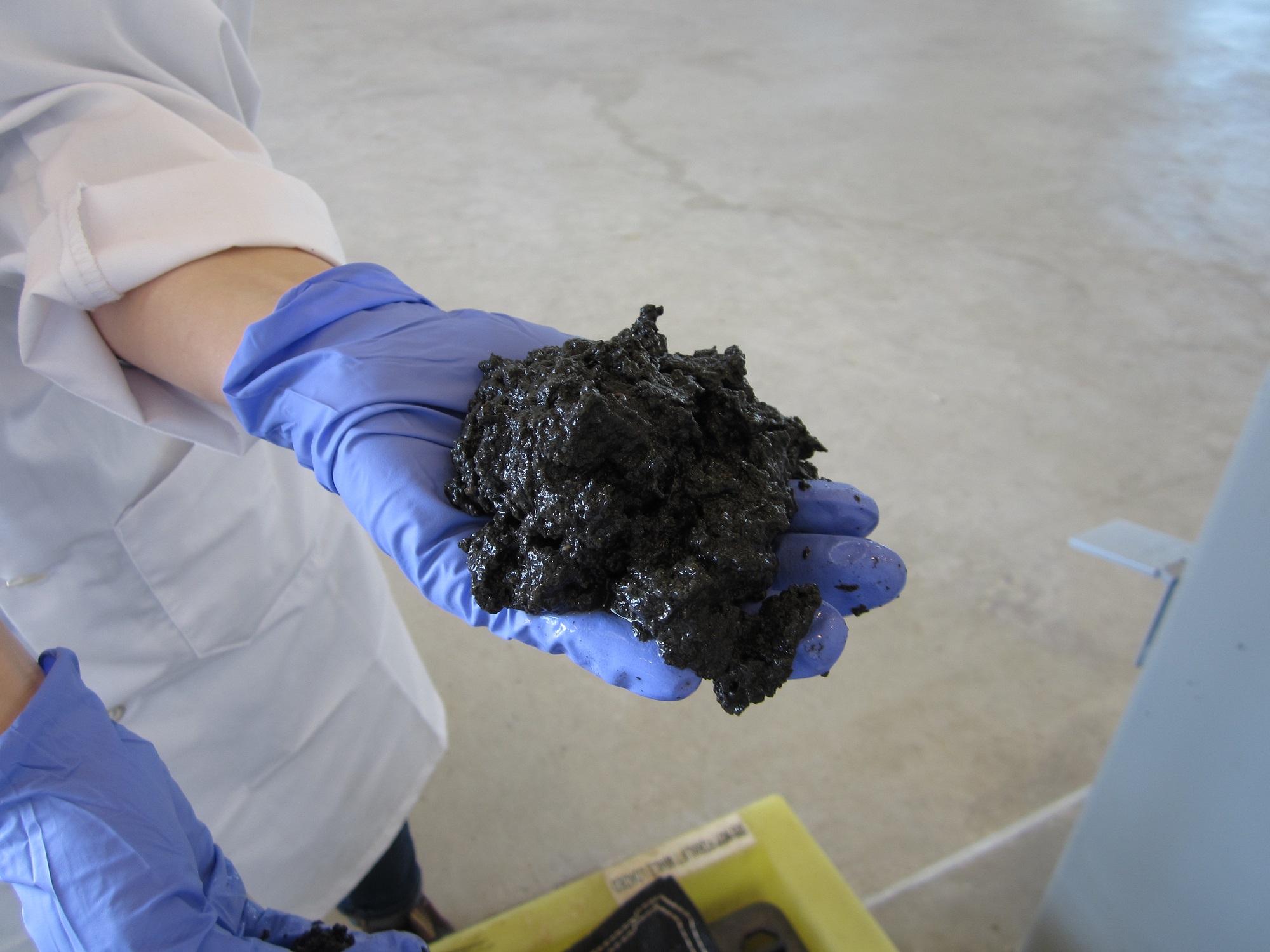It may sound like science fiction, but wastewater treatment plants across the United States may one day turn ordinary sewage into biocrude oil.
The technology, hydrothermal liquefaction, mimics the geological conditions the Earth uses to create crude oil, using high pressure and temperature to achieve in minutes something that takes Mother Nature millions of years. The resulting material is similar to petroleum pumped out of the ground, with a small amount of water and oxygen mixed in. This biocrude can then be refined using conventional petroleum refining operations. A single person could generate two to three gallons of biocrude per year.
Sewage, or more specifically sewage sludge, has long been viewed as a poor ingredient for producing biofuel because it's too wet. The approach being studied by PNNL eliminates the need for drying required in a majority of current thermal technologies which historically has made wastewater to fuel conversion too energy intensive and expensive. HTL may also be used to make fuel from other types of wet organic feedstock, such as agricultural waste.
Using hydrothermal liquefaction, organic matter such as human waste can be broken down to simpler chemical compounds. The material is pressurized to 3,000 pounds per square inch — nearly one hundred times that of a car tire. Pressurized sludge then goes into a reactor system operating at about 660 degrees Fahrenheit. The heat and pressure cause the cells of the waste material to break down into different fractions — biocrude and an aqueous liquid phase.
The fats or lipids appear to facilitate the conversion of other materials in the wastewater such as toilet paper, keep the sludge moving through the reactor, and produce a very high quality biocrude that, when refined, yields fuels such as gasoline, diesel and jet fuels.
